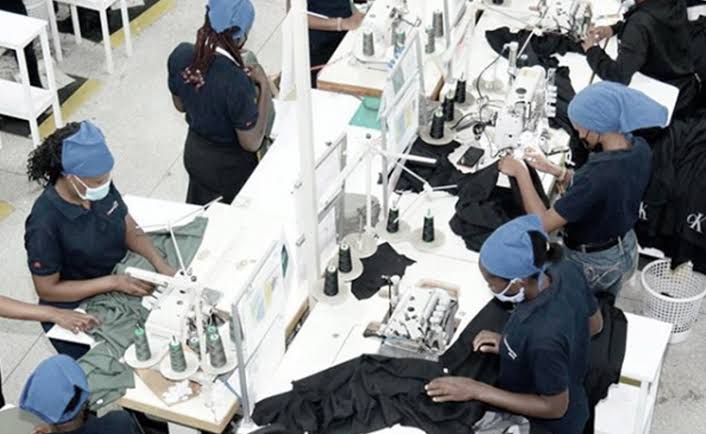
Ofure Akhigbe
Kenya’s apparel industry faces an uncertain future as the African Growth and Opportunity Act (AGOA) approaches its September 30 expiry date. The trade pact, which grants duty-free access to U.S. markets, has been the backbone of the country’s textile exports for over two decades.
AGOA has sustained 66,000 direct jobs in the apparel sector and indirectly supported the livelihoods of nearly 660,000 Kenyans. Analysts warn that without renewal, the country will lose its competitive edge to rivals such as Bangladesh, Vietnam and Egypt, which already enjoy cost advantages in global supply chains.
The government has launched last-minute lobbying efforts, dispatching Trade Cabinet Secretary Lee Kinyanjui to Washington to push for an extension. “This is an economic lifeline that must be safeguarded,” a senior ministry official said, stressing the urgency of sustained diplomacy.
Should negotiations fail, Kenya may be forced to pivot quickly towards a bilateral Free Trade Agreement (FTA) with the U.S., which could provide investors with the long-term predictability needed to retain operations in the country. Experts also urge the government to roll out a mitigation package to cushion factories against tariff shocks and prevent mass layoffs.
Beyond textiles, stakeholders say the crisis should serve as a wake-up call to diversify exports, particularly in value-added agriculture such as nuts, flowers and horticultural produce, where Kenya holds a competitive advantage in the U.S. market.
While the clock ticks, industry leaders warn that the expiration of AGOA could either mark a devastating setback or become the turning point for Kenya’s industrial and agricultural transformation.
